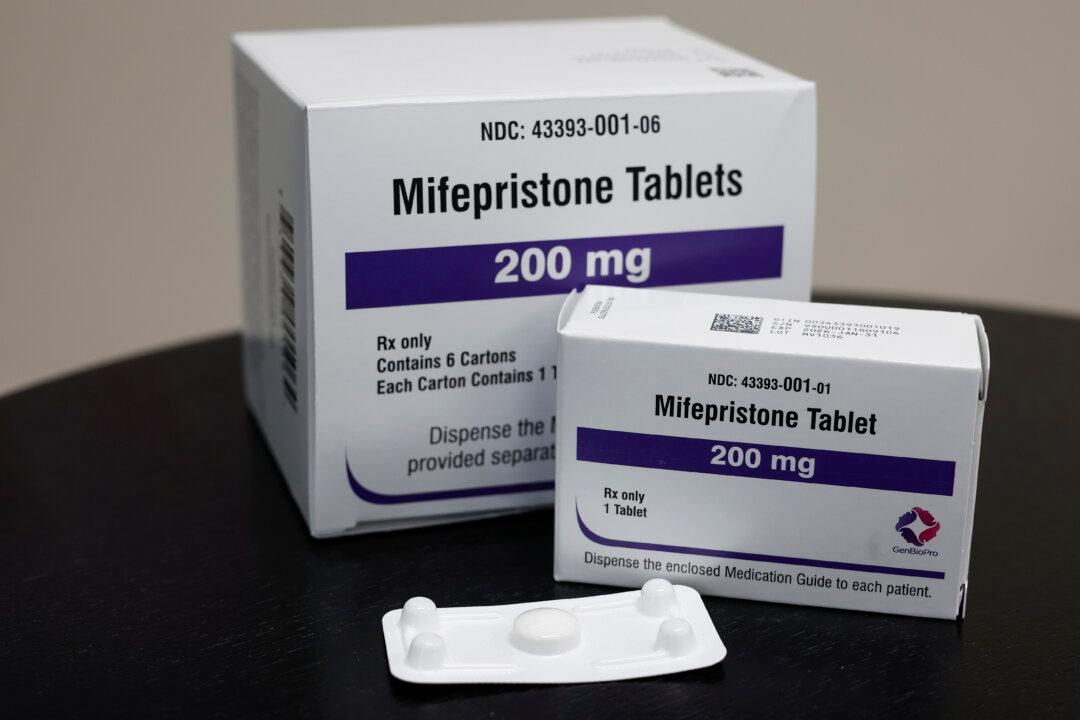Colorado cannot stop a Catholic clinic from offering a hormone treatment to women who regret taking the first chemical abortion pill and wish to continue their pregnancies, a federal judge has ruled.
The decision, handed down on Oct. 22 by U.S. District Judge Daniel Domenico, blocks a new law targeting the so-called “abortion reversal” treatment for women who have taken the first abortion pill, called mifepristone.





